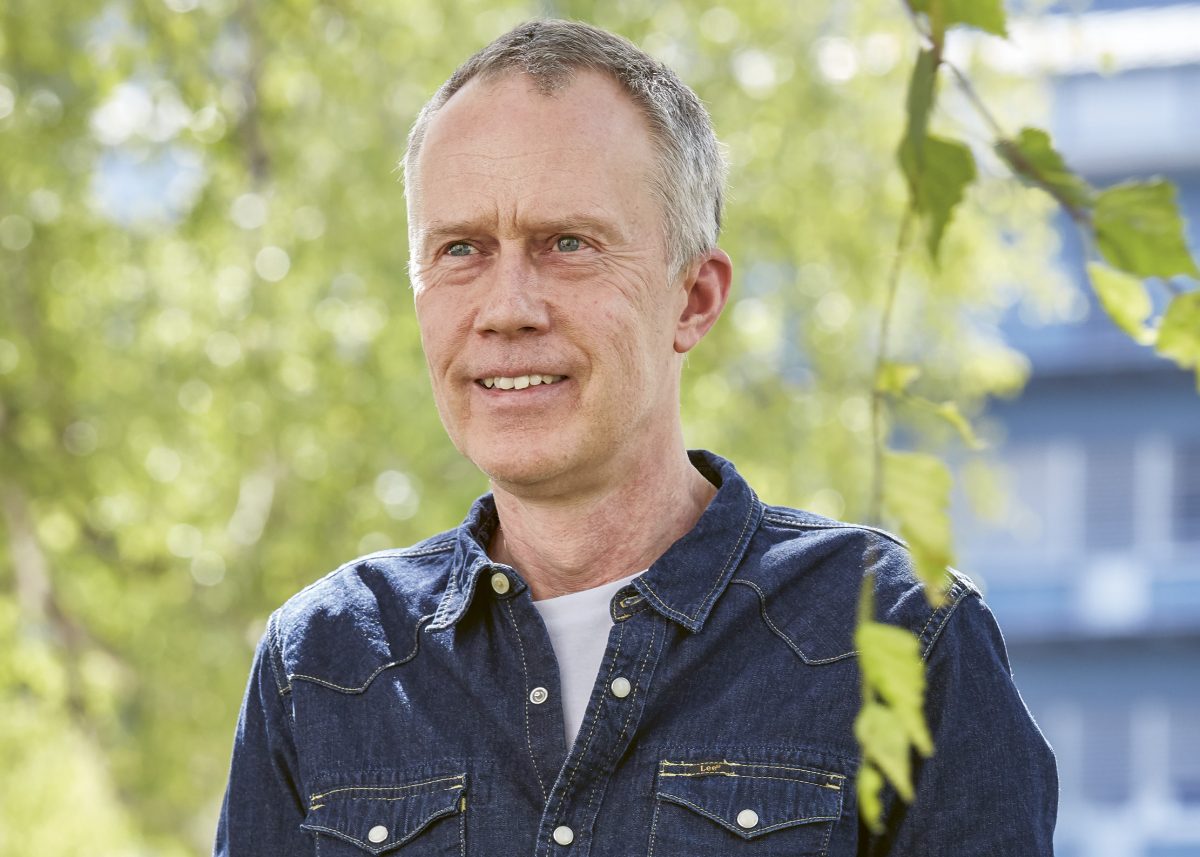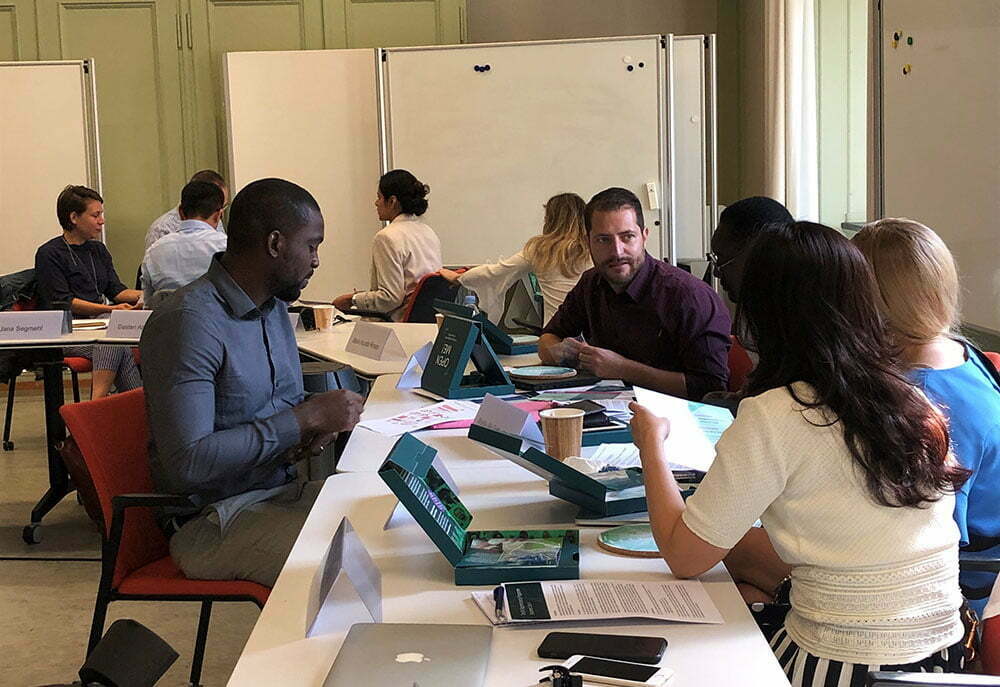NOMIS Foundation supports new programme at the Collegium Helveticum
The NOMIS Foundation and the Collegium Helveticum have initiated a partnership to promote international research collaborations and to further strengthen Zurich’s position as a leading science hub through a new fellowship programme.

© Ufuk Düzgün / Fa. Smooth Photography
© Ufuk Düzgün / Fa. Smooth Photography
The NOMIS Foundation and the Collegium Helveticum share a commitment to fostering innovative and interdisciplinary fundamental research. Through their cooperation, the partners aim to encourage collaborations across national and disciplinary boundaries in order to address the challenges of our time and make Zurich even more attractive to outstanding researchers.
As the joint Institute for Advanced Study of ETH Zurich, the University of Zurich, and Zurich University of the Arts, the Collegium provides an inspiring space for the exchange the partnership seeks to cultivate – one in which scholars can develop new perspectives on their research.
Further initiatives to follow
Starting in September 2026, the Collegium will welcome leading international researchers as NOMIS Senior Fellows. These fellows will have the opportunity to conduct research in Zurich for several months and engage with the stimulating academic environment of the city’s three universities.
The NOMIS Senior Fellowship Program is one of several initiatives within the new partnership.
A long-standing relationship between ETH and the NOMIS Foundation
The NOMIS Foundation supports visionary basic research in the natural sciences, social sciences, and humanities at various universities in Switzerland and abroad. At ETH Zurich, the foundation has already enabled a programme for early-career researchers at the Centre for Origin and Prevalence of Life, as well as the professorship of Jacob Corn in genome biology and the professorship of Martin Pilhofer, whose work uses cryo-electron microscopy to study interactions between microbes and other cells.


